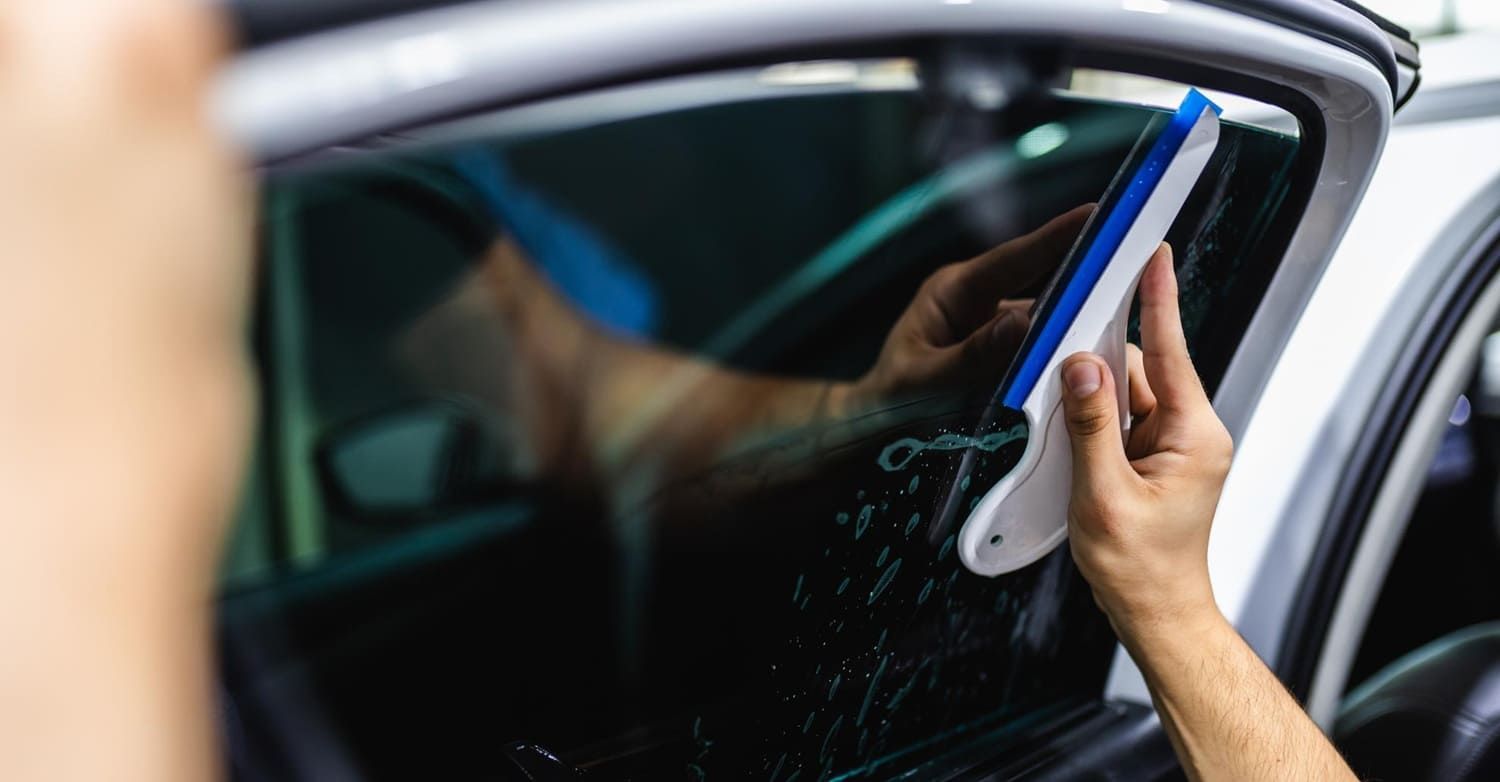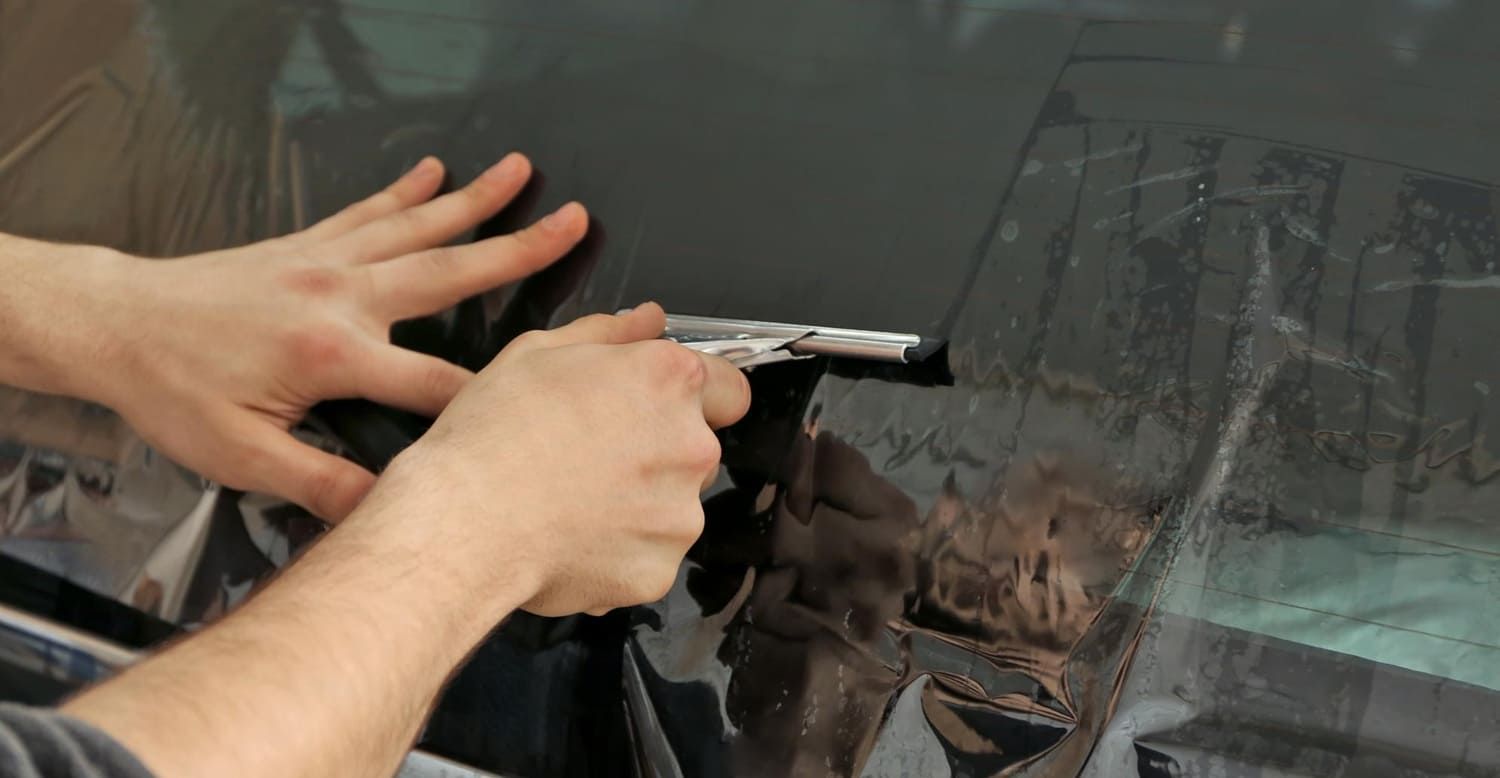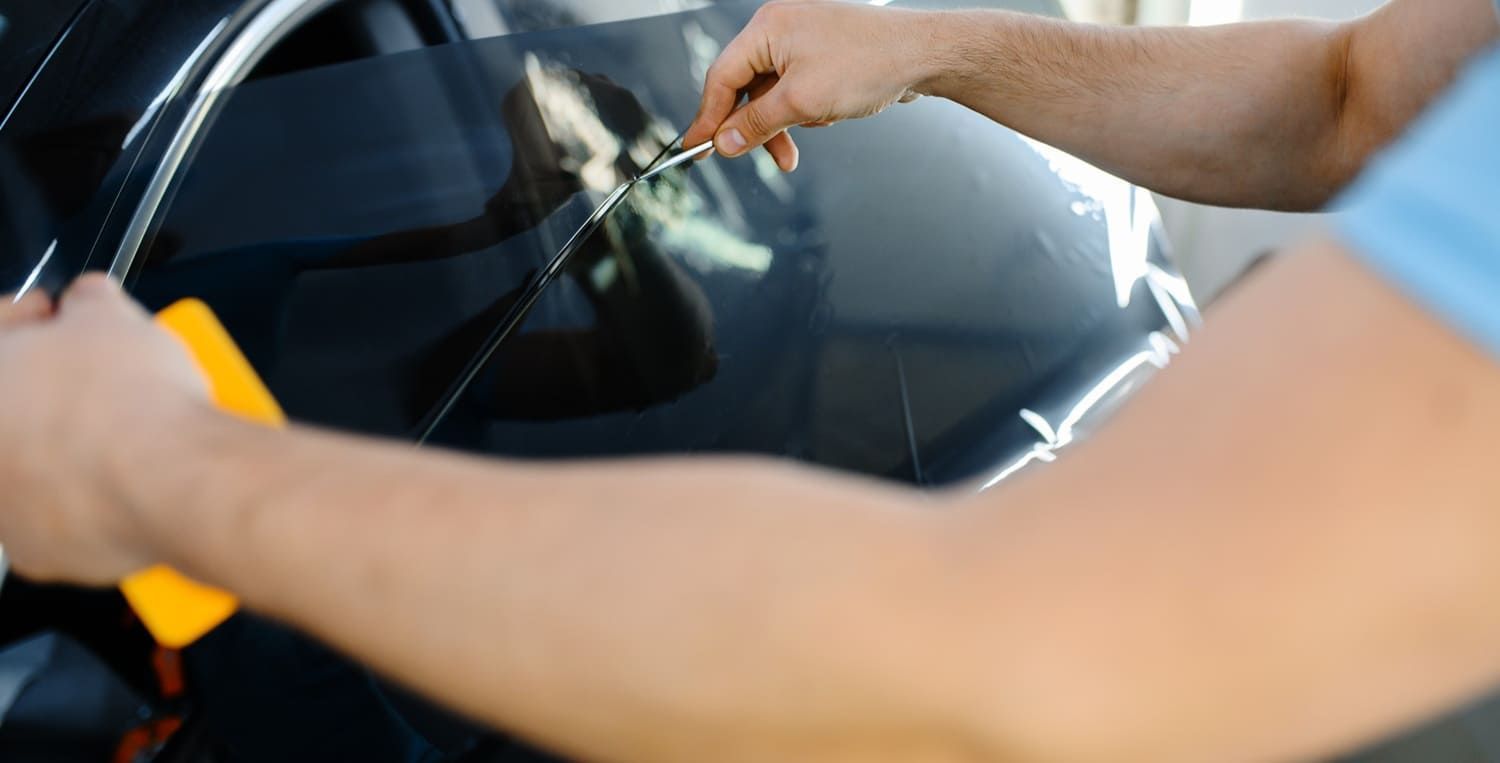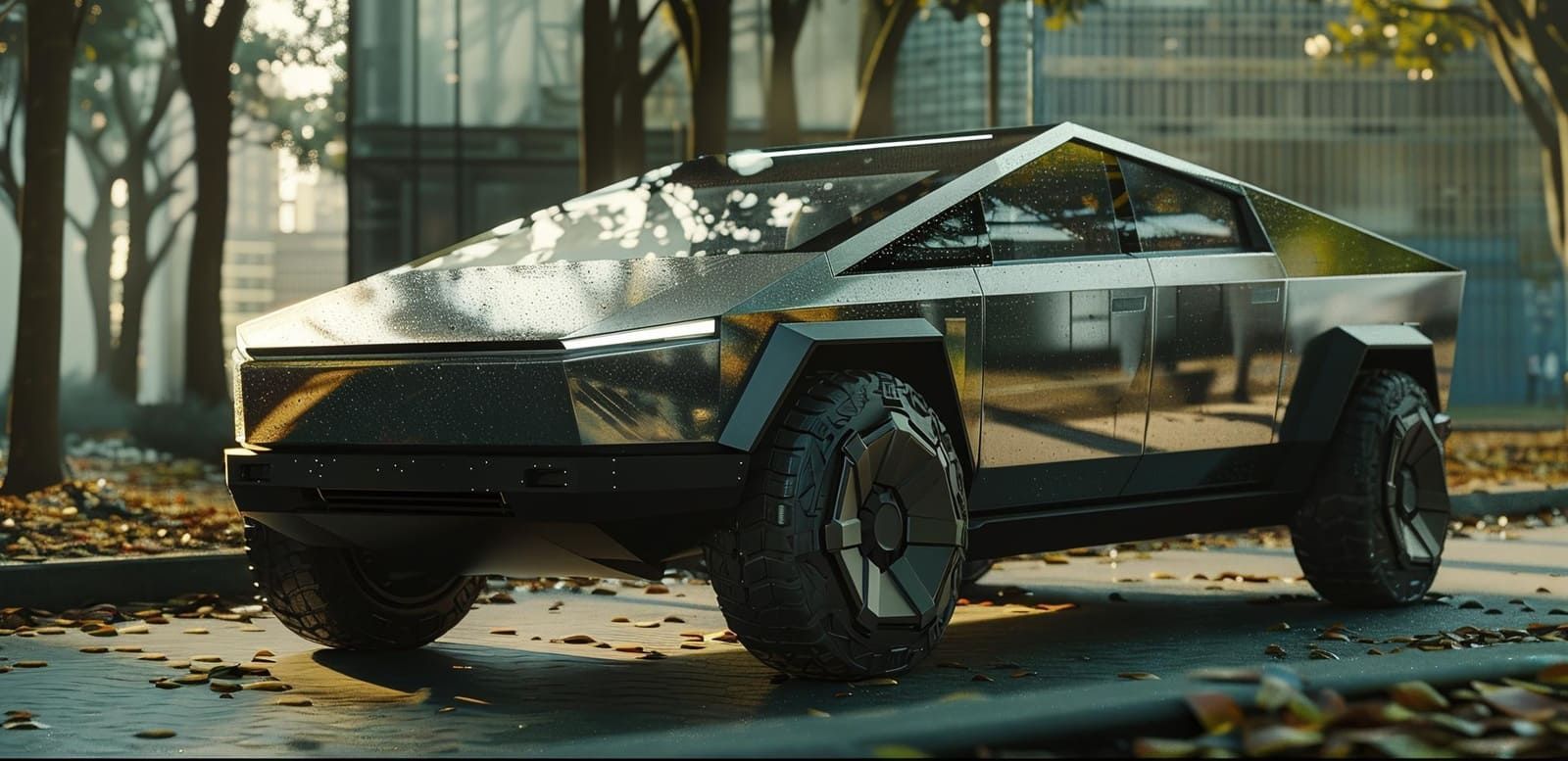Car Window Tint Laws in Florida: What’s Legal in 2026?
Florida’s bright sunshine is both a benefit and a challenge for drivers, making
window tinting a popular upgrade. But did you know that improper window tint can lead to fines, failed inspections, or even trouble with law enforcement? As we head into 2026, staying informed about
Florida’s car window tint laws helps you protect your comfort without risking penalties. This in-depth guide breaks down exactly what’s legal in Florida for all major vehicle types and how drivers can enjoy the benefits of premium tint while remaining fully compliant with the latest regulations.
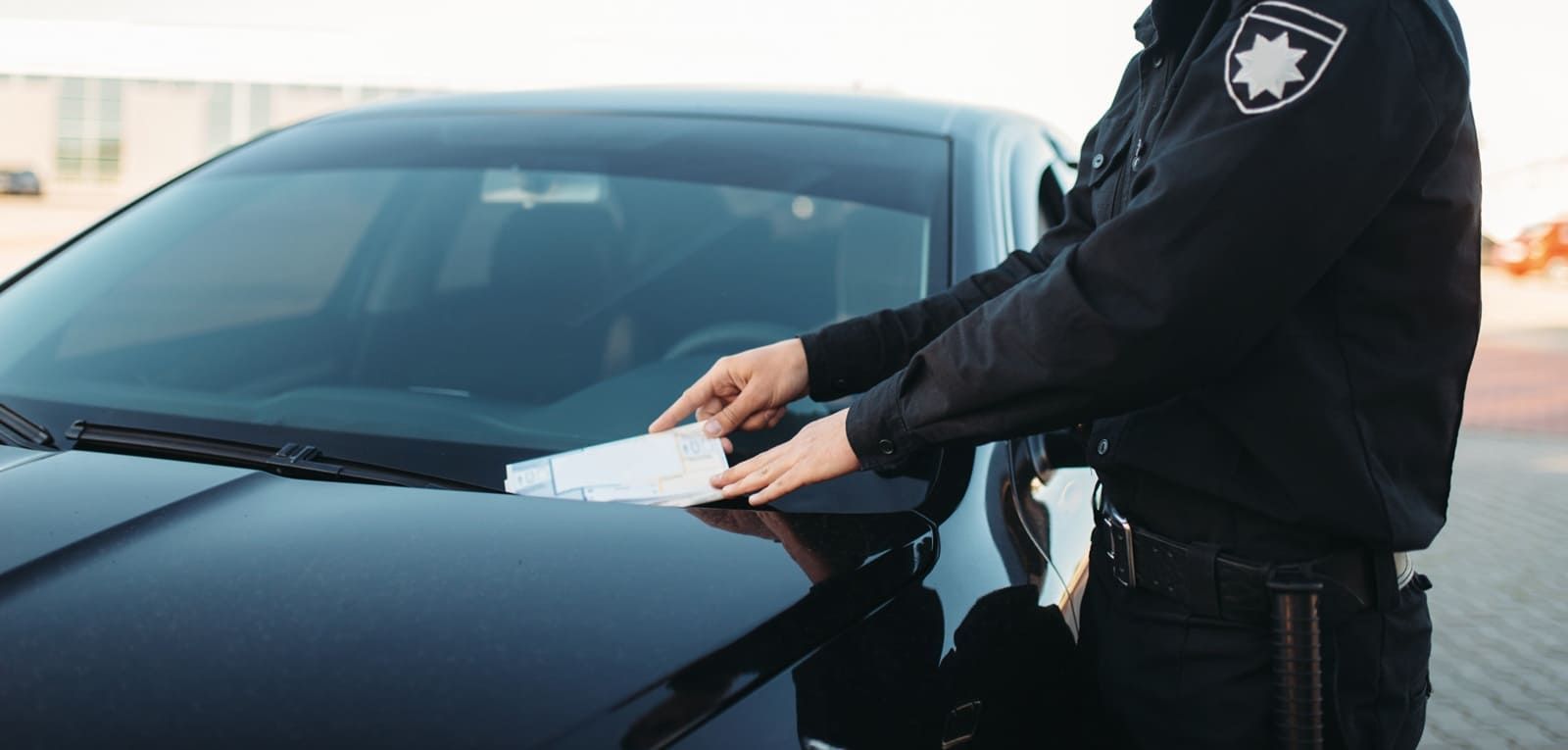
Understanding Florida’s 2026 Window Tint Laws
Legal Visible Light Transmission (VLT) Limits by Vehicle Type
In Florida, the key legal metric for window tint is Visible Light Transmission (VLT)—the percentage of outside light that must pass through your window glass. The law sets different limits for sedans, SUVs, and trucks. Here’s what you need to know for 2026:
| Vehicle | Type | Front Side Windows | Rear Side Windows | Rear Window Windshield |
|---|---|---|---|---|
| Sedan | 28% VLT | 15% VLT | 15% VLT | Non-reflective above AS-1 line* |
| SUV/Van/Truck | 28% VLT | 6% VLT | 6% VLT | Non-reflective above AS-1 line* |
Reflectivity and Tint Color Limitations
Florida law also restricts how reflective auto window tints can be—no more than 25% on front side windows and 35% on rear side windows. Highly reflective or mirrored tints are prohibited. Additionally, red, amber, and blue tint colors are expressly forbidden on any vehicle window. Most drivers stick to neutral, smoke, or charcoal shades, which are both stylish and compliant.
Medical Exemptions for Darker Tint
Florida does allow
darker tints for individuals with specific medical conditions, such as lupus, albinism, or photosensitivity. To qualify, drivers must obtain a medical exemption certificate through the Florida DMV. This certificate must be presented to law enforcement if requested, so always keep it in your vehicle.
Inspection and Enforcement: How Compliance Is Checked
Law enforcement checks tint compliance using a calibrated photometer that measures VLT directly through the windows. Non-complying tint can result in removal orders, citations, and fines. A first offense may set you back up to $150, and repeated violations can lead to higher penalties, including possible registration issues until the tint is brought into compliance.
Why Does Florida Regulate Window Tint This Way?
Florida’s car window tint laws are designed to:
- Ensure Law Enforcement Safety: Proper VLT levels improve police visibility into vehicles during stops.
- Promote Road Safety: Protect drivers from excessive shading that may impair nighttime driving visibility.
- Balance Comfort and Protection: Allow reasonable heat and UV rejection without compromising legal or safety standards.
Choosing a Legal and Effective Window Tint in 2026
How to Select Tint that Stays Legal in Florida
- Stick to manufacturer-certified tint films with clearly stated VLT ratings.
- Ensure your installer provides documentation showing your tint meets Florida’s legal thresholds for your exact vehicle type.
- Ask for a compliance certificate; reputable shops provide these with every legal installation.
Modern Window Tint Technologies: Comfort and Compliance
With advancements in window film technology, drivers no longer need to choose between strict compliance and premium results. Nano-ceramic and infrared (IR)-blocking films deliver tremendous heat rejection and block over 99% of UV rays without exceeding legal VLT limits. These high-performance tints remain nearly invisible, ensuring maximum clarity, no signal interference, and long-lasting color stability. Ask your installer about the best nano-ceramic or IR-blocking film options to match your needs while protecting your vehicle’s interior and your health from Florida’s harsh sun.
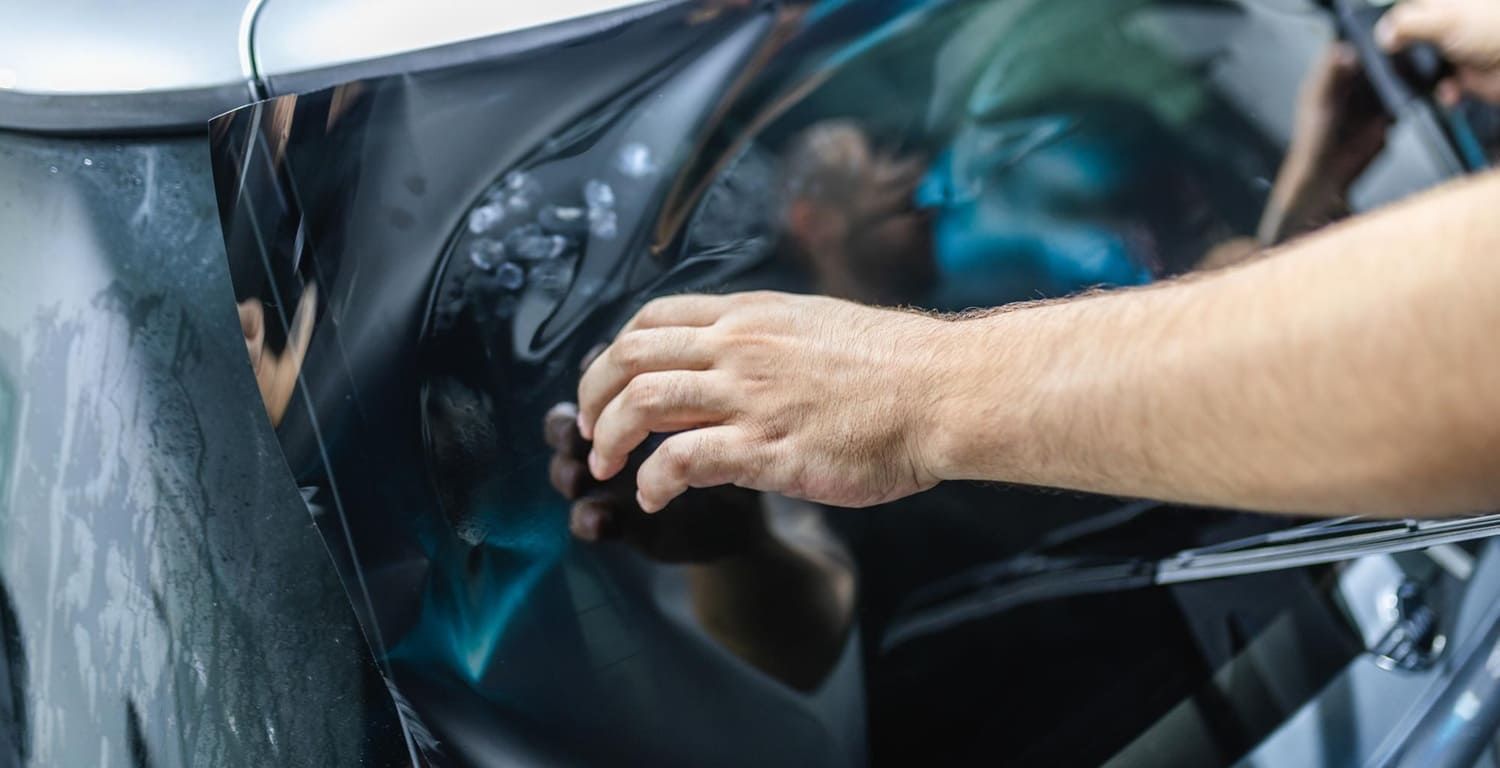
Quick Reference Table: 2026 Florida Legal Window Tint Limits
| Window | Sedan | SUV/Truck |
|---|---|---|
| Front Side | 28% VLT | 28% VLT |
| Rear Side | 15% VLT | 6% VLT |
| Rear Window | 15% VLT | 6% VLT |
| Windshield | Non-reflective tint | above AS-1 line only |
Frequently Asked Questions (FAQs)
How can I check if my tint is legal in Florida?
Law enforcement or inspection shops use a photometer to measure VLT directly. You can also purchase a basic VLT meter online to self-check.
What happens if my tint is too dark or reflective?
You can be fined, required to remove the tint, and may face reinspection before your car can be registered again.
Can I get a medical exemption for darker window tint?
Yes, if you have a qualifying medical condition. You must apply through the Florida DMV and keep the certificate with your vehicle.
Are there any new changes in Florida window tint laws for 2026?
As of now, 2026 brings stricter enforcement and reiterates existing VLT and reflectivity limits; always confirm with the DMV for the latest updates.
What are the legal tint colors in Florida?
Florida bans red, amber, and blue window tints. Stick with neutral, smoke, or charcoal shades for compliance.
Does nano-ceramic or IR window film meet Florida standards?
Yes, if the VLT matches the law. These films can offer heat rejection and UV protection without going too dark.
Will reflective or mirrored tints pass inspection?
No—excessively reflective or mirrored films are not legal on any window.
Do back seat and rear windows have the same legal limits as front windows?
No—rear windows often allow a much darker tint, especially for SUVs and vans. Check the table above for exact figures.
Are there specific rules for trucks or commercial vehicles?
Yes—trucks and SUVs can have darker tint on rear windows (down to 6% VLT), but must meet the same 28% VLT on front windows.
How do I find a legal window tint installer in Florida?
Choose a certified shop that provides written documentation of VLT ratings, and ask about the shop’s experience with Florida’s compliance standards.
Conclusion: Stay Cool, Stay Legal—Trust the Experts
Florida’s 2026 window tint regulations ensure drivers enjoy cooler, safer rides without sacrificing legal compliance. By understanding VLT limits, color restrictions, and penalties—and by selecting modern, high-performance tints—you can stay protected from the sun and avoid costly violations. For guaranteed compliance and premium installation, trust Solar-Tec Glass Tinting in Florida. Their certified specialists deliver legal, high-quality tint solutions tailored to every vehicle. Contact us or visit us in Eustis, FL, for expert guidance and a free estimate today, and keep your vehicle stylish, comfortable, and 100% street legal for years to come.


